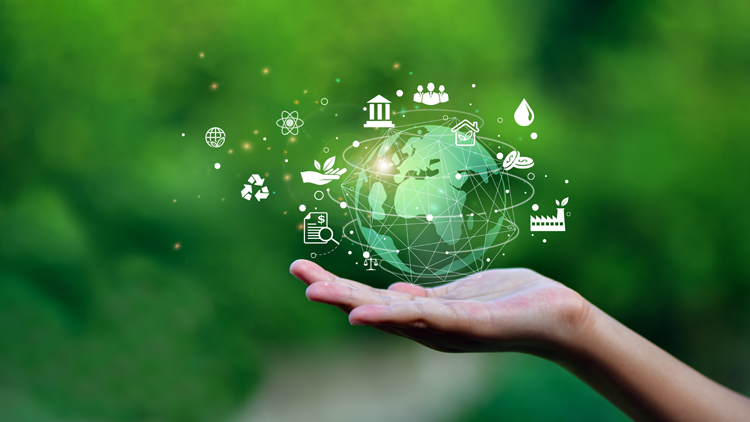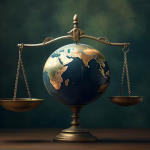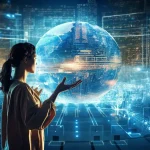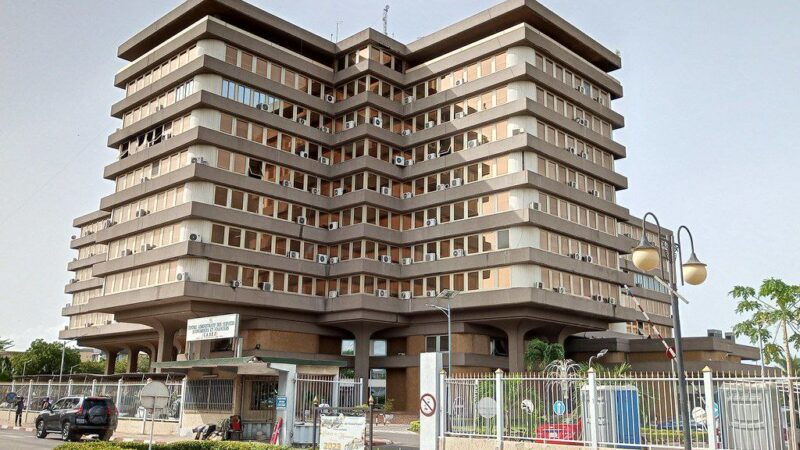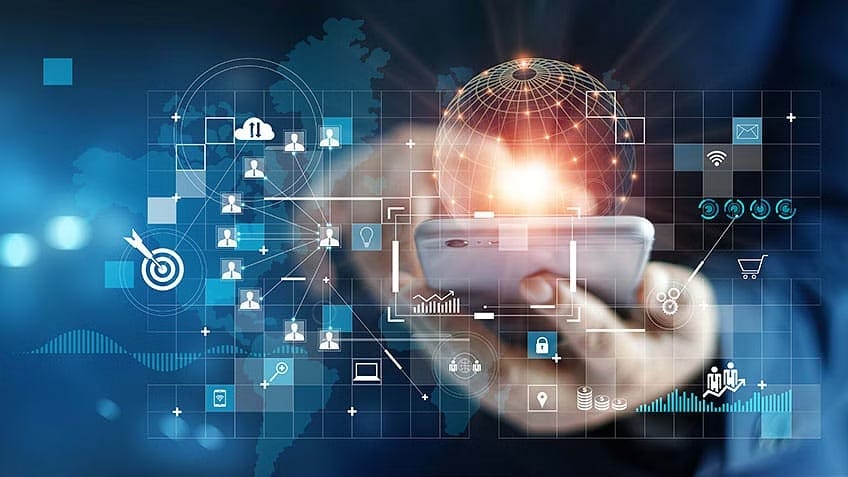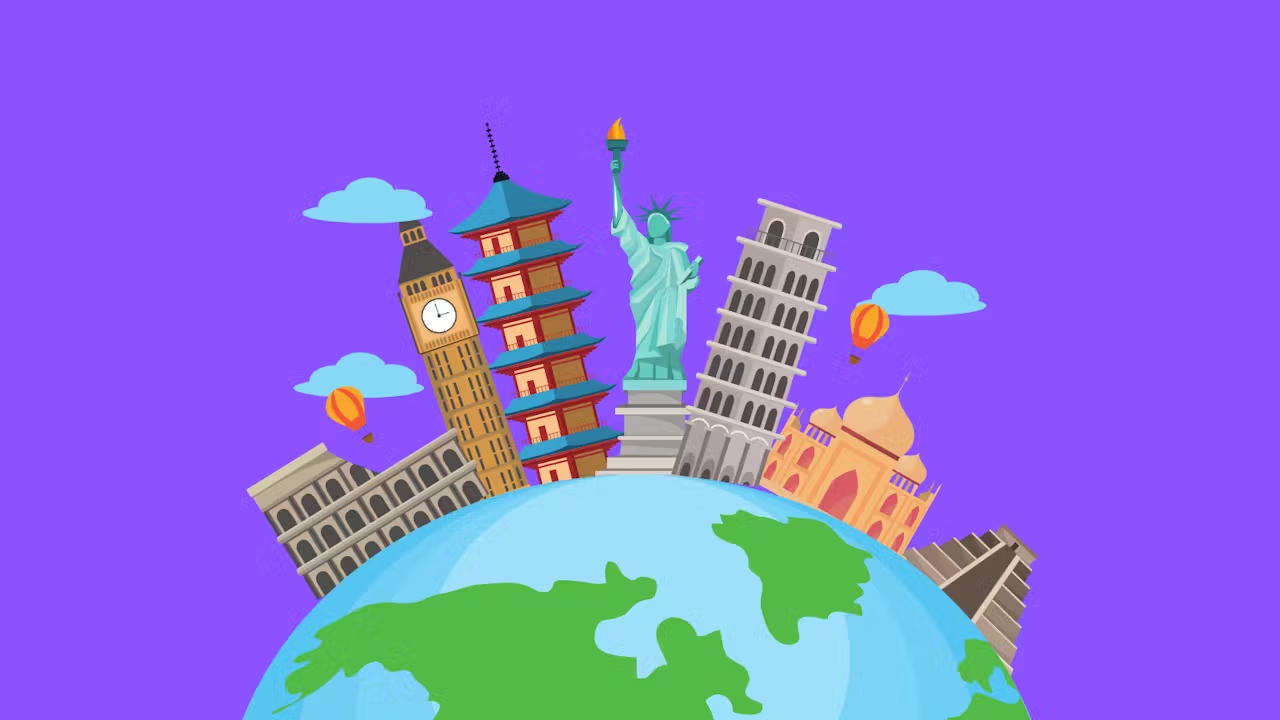Introduction
The world stands at a pivotal moment where technology, celebrity culture, and political power converge to redefine what it means to live in a connected civilization. Boundaries that once separated nations, industries, and individuals have dissolved under the influence of global communication and rapid innovation.
The result is a planet more informed, yet more divided; more advanced, yet more uncertain. The rise of artificial intelligence, the activism of global icons, and the struggle for political dominance are shaping a new era that challenges everything we know about progress, identity, and leadership.
Technology as the Core of Modern Civilization
Technology has transcended its role as a mere tool and become the heartbeat of modern society. Artificial intelligence systems, robotics, and automation now influence sectors ranging from healthcare to defense. Nations compete fiercely to lead in AI research, digital security, and green innovation. China and the United States remain central players in this tech race, while Europe and Southeast Asia focus on balancing progress with privacy and ethics.
Yet, with every advancement, the ethical debate intensifies — can humanity manage innovation without losing control of its consequences? The future will depend not on how fast technology grows, but on how wisely it’s guided.
Political Realities in a Digital World
Politics has evolved into a spectacle where information is the most powerful weapon. Leaders now campaign, govern, and communicate through digital platforms, reaching millions instantly but also facing unprecedented scrutiny. Cybersecurity threats, misinformation campaigns, and AI-generated propaganda blur the line between truth and fiction.
In this environment, credibility has become the new currency of power. Governments worldwide are grappling with how to maintain transparency while safeguarding national interests in a digital battlefield where perception often outweighs policy.
Celebrity Activism and Global Influence
The influence of celebrities in shaping international discourse is undeniable. What was once confined to red carpets and music stages now echoes in global summits and social movements. From climate change advocacy by Leonardo DiCaprio to Taylor Swift’s empowerment campaigns, star power has evolved into political and cultural activism.
Social media amplifies their reach, turning awareness into collective action. Yet, questions persist about authenticity and depth — are celebrities genuine agents of change or reflections of a society that values visibility over substance? Regardless, their ability to mobilize millions makes them indispensable voices in today’s global narrative.
Global Economy in Transformation
The digital transformation has redrawn economic borders. Cryptocurrencies, decentralized finance, and automation are redefining wealth creation and distribution. Startups built on AI and blockchain challenge the dominance of traditional corporations, while governments struggle to regulate an economy that moves faster than legislation. Developing nations are leveraging technology to leapfrog industrial limitations, creating new economic opportunities in regions once marginalized.
However, the digital divide threatens to deepen inequalities if access to innovation remains uneven. The next phase of globalization will belong not to the richest nations, but to those that innovate most inclusively.
The Power of Public Perception
In an age where information travels faster than light, perception shapes reality. Social media trends dictate stock markets, influence elections, and determine cultural relevance. This shift has created a new class of influencers — digital leaders who can mobilize public sentiment through a single post. Politicians, corporations, and activists now rely on narrative crafting to maintain relevance.
While this democratization of influence empowers individuals, it also exposes societies to manipulation. The future of global communication hinges on restoring trust — a challenge as vital as any technological breakthrough.
Global Crises and the Rise of Collective Responsibility
Climate disasters, pandemics, and geopolitical tensions have exposed humanity’s shared vulnerability. The recent focus on sustainable energy, AI-driven climate modeling, and renewable technologies reflects a growing understanding that survival depends on collaboration. Nations can no longer afford to operate in isolation. The COVID-19 pandemic underscored how intertwined health, economy, and technology truly are.
Today’s global leaders must prioritize collective resilience over competition, ensuring that innovation serves humanity rather than divides it. The age of isolation is over — the future belongs to cooperation.
Cultural Identity and the Digital Mirror
Culture has become both global and fragmented. While the internet has united humanity under shared experiences, it has also amplified divisions through echo chambers and misinformation. Music, cinema, and fashion transcend geography, yet cultural authenticity faces erosion under global commercialization. Platforms like YouTube and TikTok empower creators to share stories that challenge stereotypes and foster understanding.
At the same time, digital fame has commodified personal expression, reducing complex identities to viral moments. The balance between global connectivity and cultural preservation will define the future of human expression.
FAQs
How is technology influencing global politics?
Technology enables governments to monitor, predict, and influence social behavior, making data the most powerful political resource of the modern era.
Why are celebrities playing a bigger role in global issues?
Celebrities have massive digital reach, allowing them to raise awareness and mobilize action on humanitarian and environmental causes across borders.
Can innovation reduce global inequality?
Yes, but only if technological progress is matched by equitable access to education, resources, and digital infrastructure in developing nations.
How does social media shape world events?
Social platforms amplify movements, influence elections, and create public pressure, turning individuals into global participants in real-time.
What is the biggest challenge of globalization today?
Maintaining ethical governance and cultural authenticity in a world dominated by technology, speed, and constant change.
Conclusion
The world’s future will not be decided solely by political power or economic strength, but by the harmony between technology, humanity, and responsibility. The intersection of innovation and influence has the potential to unite humanity under shared goals, but it also risks creating deeper divides if mismanaged. Each nation, leader, and individual holds a role in steering the planet toward sustainable progress.
As the lines between science, politics, and celebrity continue to blur, the challenge for civilization will be balance — between freedom and regulation, fame and responsibility, speed and ethics. The new global order is already emerging, shaped not by borders or armies but by ideas and innovation. Whether it becomes an era of enlightenment or exploitation depends entirely on the choices humanity makes today.



